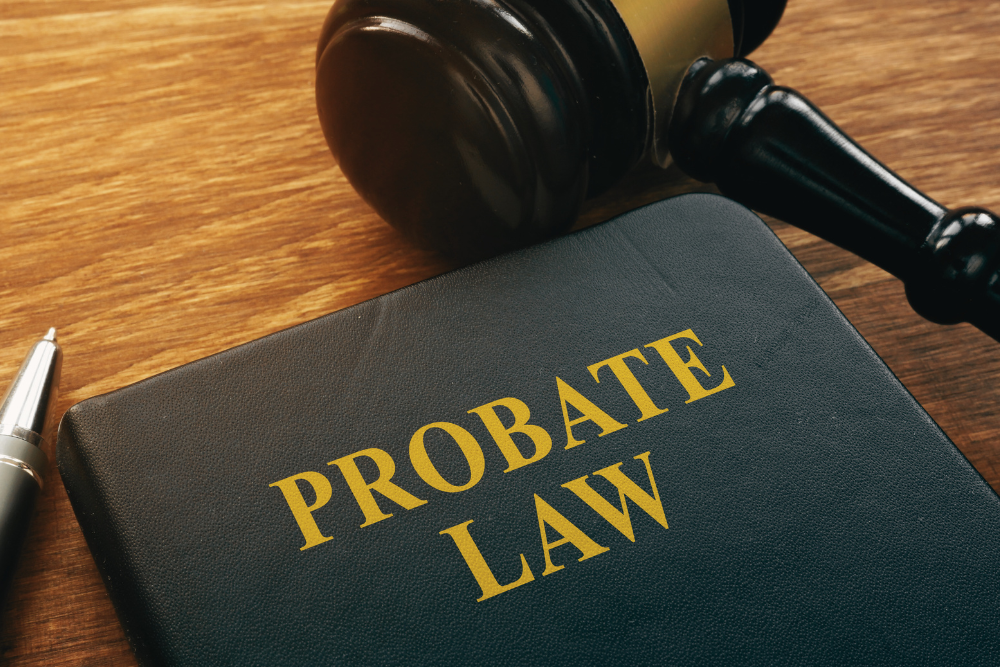The probate process in New Jersey involves overseeing the estate of a deceased individual, whether they died with or without a will. This legal procedure can be complex and emotionally taxing for those coping with the loss of a loved one. New Jersey probate laws establish specific protocols for asset distribution, including selling probate real estate.
A critical first step in any probate sale in New Jersey is securing the services of a qualified probate attorney. A knowledgeable attorney ensures all legal requirements are met, from gathering and filing necessary documentation to representing the estate before the court. In addition to managing probate filings, they will address tax matters, collect insurance proceeds, and provide strategic guidance throughout the process. Attempting to navigate probate without professional legal assistance can lead to personal liability and complications, especially if formal or informal probate procedures are not correctly followed.
Whether you’re a personal representative (executor or administrator) or a beneficiary of the estate, understanding and avoiding these common mistakes will help ensure a smooth real estate sale. Below are the top three mistakes made when selling real estate subject to probate in New Jersey:
3 Common Mistakes to Avoid When Selling Probate Real Estate
1. Failing to Obtain Proper Court Approval
In New Jersey, selling real estate that is part of a probate estate often requires court approval unless the decedent’s will explicitly grants the executor the power to sell without court supervision. This can be a significant hurdle for those unfamiliar with probate procedures.
Why This is a Mistake:
The probate process ensures that the sale is in the best interest of the estate and its beneficiaries. If you attempt to sell the property without proper approval, the transaction could be declared invalid, leading to legal complications or the need to restart the entire process.
How to Avoid It:
Consult an Attorney
Before listing the property for sale, ensure that you have the legal authority to do so. If the will does not provide explicit permission, petition the court for authorization to sell the property.
Get Court Approval Early
Start the process of obtaining court approval early in the probate proceedings. This will help you avoid unnecessary delays once you find a buyer.
2. Misjudging the Property’s Value
Another common mistake is inaccurately valuing the property, whether by overpricing or underpricing it. Overpricing can lead to the property sitting on the market for too long, while underpricing may result in a loss of value for the estate and its beneficiaries.
Why This is a Mistake:
In probate sales, personal representatives have a fiduciary duty to maximize the value of the estate for the beneficiaries. An inaccurate valuation may lead to disputes among the heirs or even legal challenges, which can further delay the process.
How to Avoid It:
Hire a Licensed Appraiser
It is crucial to have the property appraised by a certified professional who can provide an accurate market value. In some cases, the court may require a formal appraisal before approving the sale.
Work with a Real Estate Agent Experienced in Probate Sales
An experienced probate real estate agent will have a better understanding of the market and the unique challenges of selling a property subject to probate, ensuring that you set a competitive and fair price.
Stay Updated on Market Conditions
The New Jersey real estate market fluctuates, so regularly consult with your real estate agent to adjust the pricing strategy if necessary.
3. Neglecting to Address Property Liabilities and Debts
Many sellers overlook outstanding debts or liabilities associated with the property, such as unpaid mortgages, property taxes, or liens. These financial obligations must be settled before the property can be sold, and failure to address them can complicate the closing process.
Why This is a Mistake:
Unresolved financial obligations can cause significant delays in the sale and may result in the buyer walking away from the deal. In the worst-case scenario, the estate may end up in a financial deficit, forcing the executor to use personal funds to cover the debts, which could have been avoided.
How to Avoid It:
Conduct a Title Search Early
A title search will reveal any liens or outstanding debts on the property. Address these issues before listing the property for sale to avoid surprises during closing.
Consult the Estate’s Attorney
Work closely with the estate’s attorney to understand all financial obligations tied to the property. They can guide you through the process of paying off debts using the estate’s assets or negotiating with creditors.
Communicate with Beneficiaries
Keep beneficiaries informed about any financial obligations related to the property, as they may have an impact on the net proceeds from the sale.
During the sales process, the probate attorneys at Sammarro & Zalarick work closely with the real estate agent and other third-party professionals to ensure a smooth transaction. Because the estate representative is responsible for reporting all sale proceeds to both the court and the heirs, having an experienced probate attorney involved is essential.
At Sammarro & Zalarick, we ensure that our clients are fully protected throughout the probate and real estate sale process. If you have any questions or need further assistance, feel free to contact us at (+973) 478-1026 or fill in our contact form.

